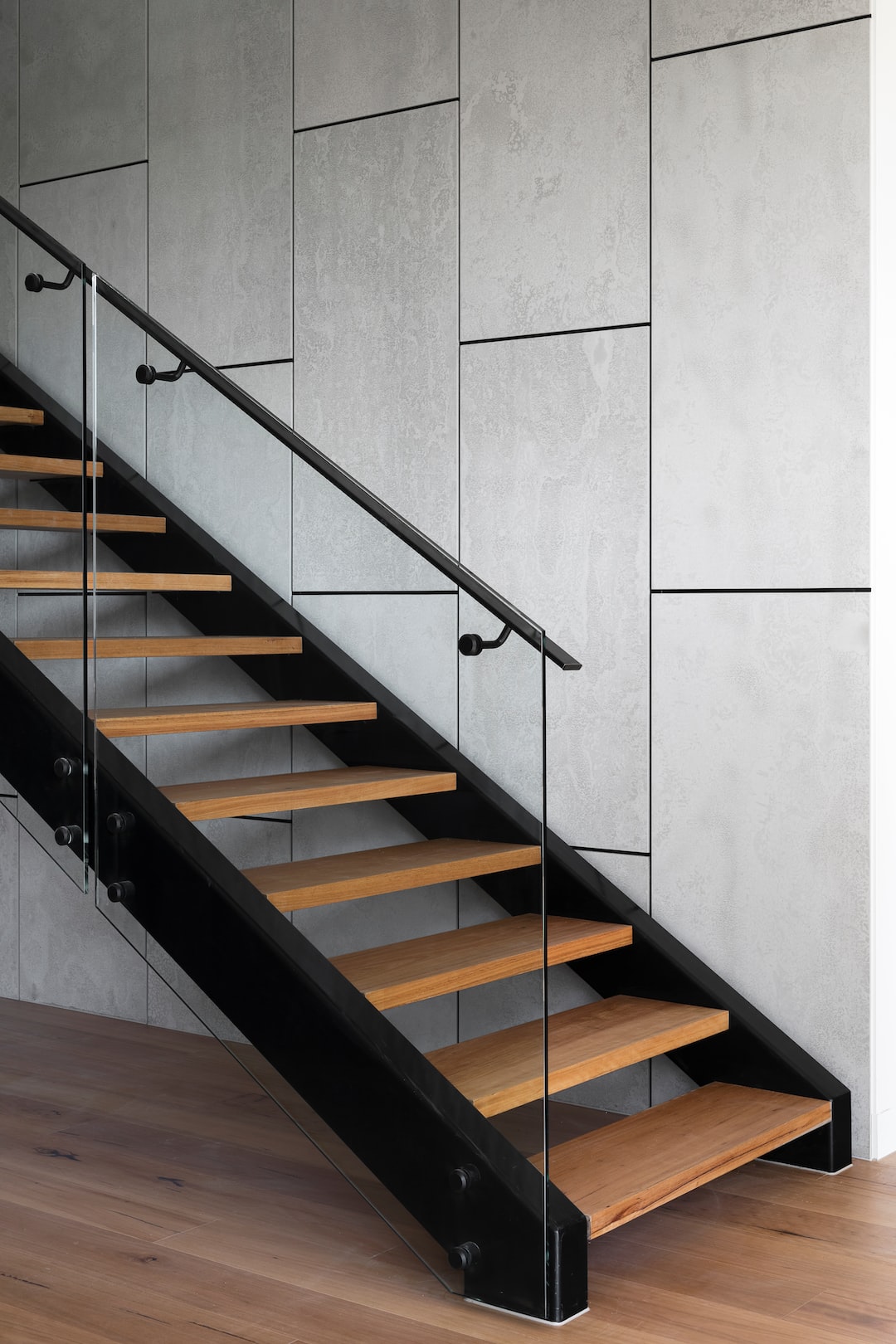The Rising Trend of Tiny Homes: Is It Worth it?
In recent years, there has been a surge in the popularity of tiny homes. These adorable, pint-sized dwellings have captivated the imaginations of those seeking a simpler and more minimalist lifestyle. But are these tiny homes really worth all the hype? Let’s take a closer look at this rising trend to determine if it’s worth investing in.
First, let’s understand what a tiny home actually is. Typically, a tiny home is a small, compact dwelling that ranges in size from around 100 to 400 square feet. They are often built on wheels, allowing for mobility and flexibility. These homes are designed to make the most of every inch of space, with creative storage solutions and multi-functional furniture.
One of the main reasons people are drawn to tiny homes is their affordability. Traditional homes can carry a hefty price tag, making homeownership a distant dream for many. Tiny homes, on the other hand, come with a significantly lower price tag, making them an attractive option for those on a budget. Additionally, the lower cost of living in a tiny home means fewer financial burdens, such as property taxes and utility bills.
Another benefit of tiny homes is their eco-friendly nature. These small dwellings require fewer resources to build and maintain compared to traditional homes. They consume less energy, resulting in a smaller carbon footprint. Additionally, many tiny homes incorporate sustainable materials and energy-efficient appliances, further reducing their environmental impact. For those passionate about living a greener lifestyle, tiny homes can be an excellent choice.
One of the largest advantages of tiny homes is their mobility. Unlike traditional homes, tiny homes can be easily transported from one location to another. This flexibility enables homeowners to pursue a nomadic lifestyle, exploring different regions or even living off the grid. Furthermore, the ability to move a tiny home can be advantageous for those who have temporary job assignments or frequently relocate.
However, as with any lifestyle choice, there are potential drawbacks and challenges to consider. The most obvious issue with tiny homes is the limited living space. While clever design features can maximize the available area, it requires a significant downsizing of belongings. Individuals accustomed to a more spacious living arrangement may find it challenging to adjust to cramped quarters. It’s critical to evaluate whether you can comfortably live in a reduced space before making the leap to a tiny home.
Another potential downside to tiny homes is the lack of privacy. With limited room for separate areas, it can be challenging to find personal space or entertain guests. Additionally, the close proximity to neighbors in tiny home communities may result in noise or privacy concerns. It is essential to weigh your preferences for solitude against the benefits of a more compact living arrangement.
Furthermore, while tiny homes offer affordability on the surface, they may come with hidden costs. Securing a suitable location for parking or purchasing land can be a challenge, and zoning regulations may restrict the placement of tiny homes. Additionally, maintenance costs and repairs for smaller, unconventional structures may be more expensive compared to traditional homes.
In conclusion, the rising trend of tiny homes is undoubtedly captivating, offering affordability, sustainability, and mobility. However, before diving into this lifestyle choice, it is crucial to carefully consider the challenges associated with limited space, potential privacy issues, hidden costs, and the overall adjustment to a more minimalist lifestyle. Whether or not the trend is worth it ultimately depends on your personal preferences, values, and adaptability. Nevertheless, for those seeking a simpler, eco-conscious, and more flexible way of living, a tiny home might just be the perfect fit.


